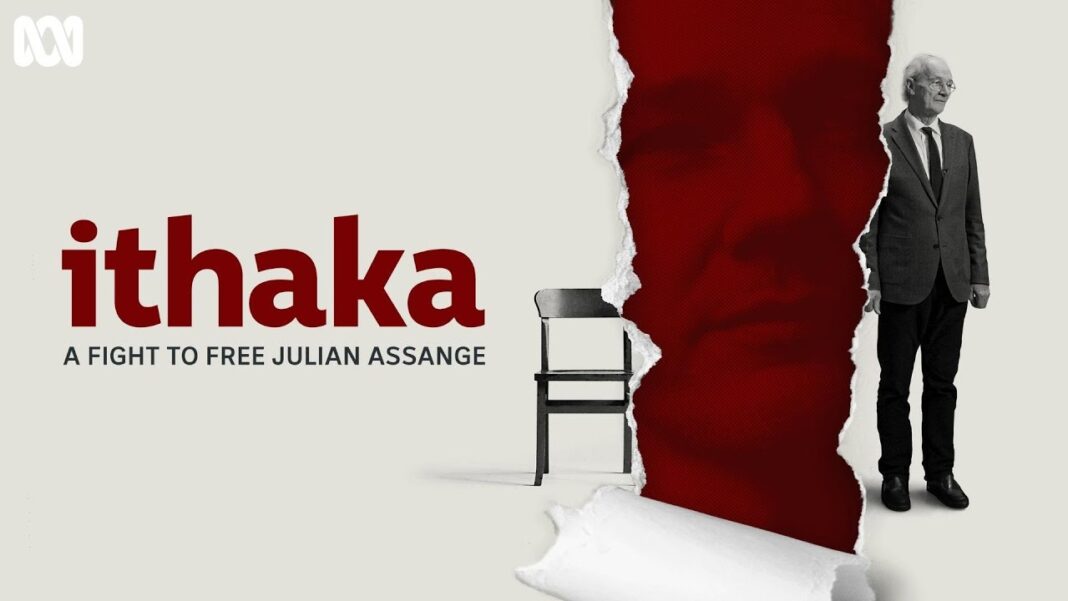
Samantha Power: ‘Never let a crisis go to waste.’ Do the World Economic Forum and China agree?
“Fertilizer shortages are real now.”
Uttered by USAID’s Samantha Power in a May 1 ABC interview with former Democratic advisor George Stephanopoulos, the words briefly drowned out the din of the news cycle.
They were not unexpected to some.
Power, who served as U.N. ambassador under Obama, mentioned fertilizer shortages after weeks of hints from the Biden administration.
White House Press Secretary Jen Psaki repeatedly alluded to challenges obtaining fertilizer in recent press briefings. So did President Joe Biden himself in a joint statement with EU President Ursula von der Leyen.
“We are deeply concerned by how Putin’s war in Ukraine has caused major disruptions to international food and agriculture supply chains, and the threat it poses to global food security. We recognize that many countries around the world have relied on imported food staples and fertilizer inputs from Ukraine and Russia, with Putin’s aggression disrupting that trade,” the leaders stated.
In an April report titled, “The Ukraine Conflict and Other Factors Contributing to High Commodity Prices and Food Insecurity,” the USDA’s Foreign Agriculture Service acknowledged that “for agricultural producers around the world, high fertilizer and fuel prices are a major concern.”
While political rhetoric has often focused on Russia, the rise in fertilizer prices did not begin with its invasion of Ukraine.
An analysis from the Peterson Institute of International Economics shows that fertilizer prices have rapidly climbed since mid-2021, spiking first in late 2021 and again around the time of the invasion.
Industry observers have pointed out that commodity prices are not solely affected by Vladimir Putin.
Max Gagliardi, an Oklahoma City oil and gas industry commentator who cofounded the energy marketing firm Ancova Energy, told The Epoch Times that the war and sanctions have helped drive the upward climb of natural gas prices in Europe.
Natural gas is used in the Haber-Bosch process, which generates the ammonia in nitrogen fertilizers. Those fertilizers feed half the planet.
Gagliardi thinks the picture is more complicated at home, where environmental, social, and corporate governance (ESG) has become a controversial tool of stakeholder capitalism, often used to force divestment from fossil fuels or other industries disfavored by the left.
“It’s a combination of record demand domestically and from LNG [liquid natural gas] exports combined with less than expected supply, in part due to the starving of capital for the O&G industry due to the ESG/green movement pressures on capital providers, plus pressure from Wall Street to spend less capital and return value to shareholders,” he said.







